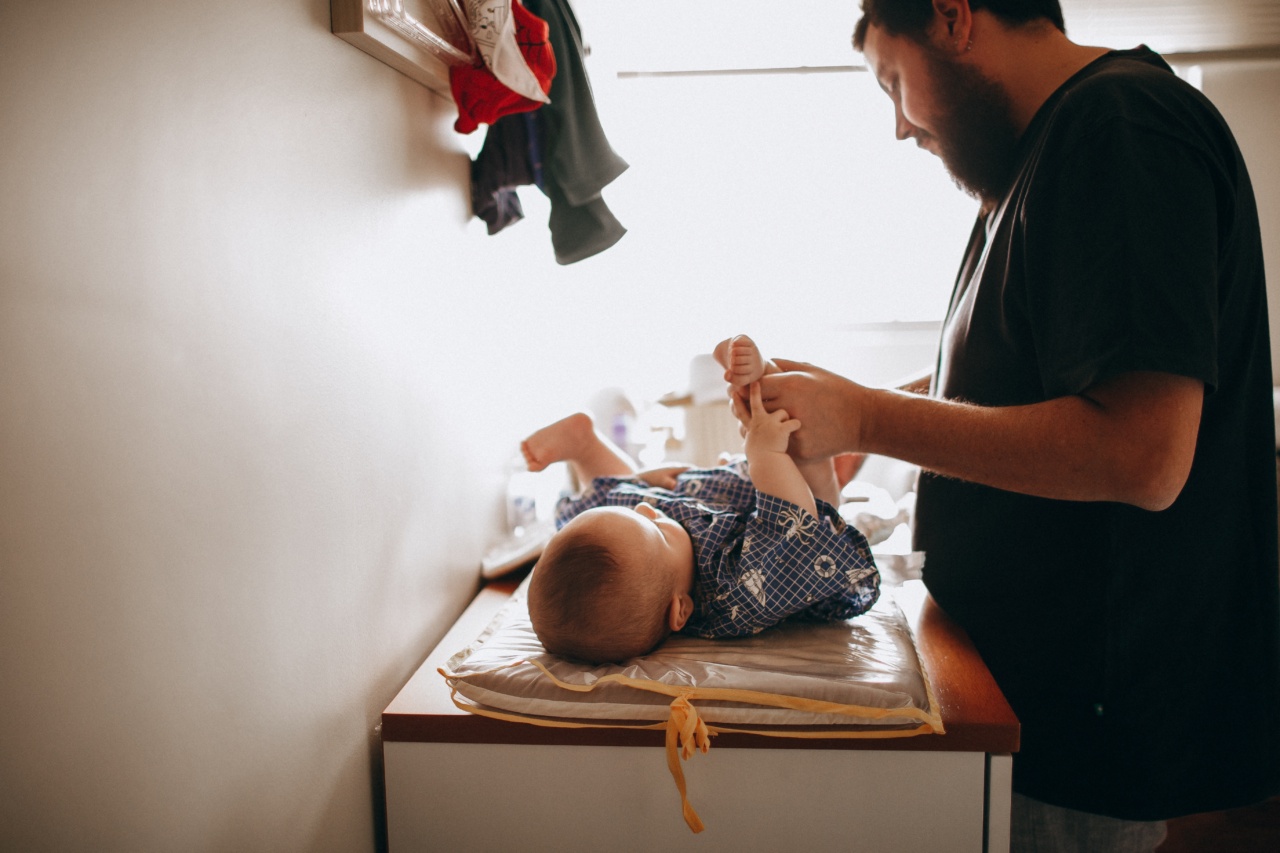Breast cancer is one of the most common types of cancer among women. In fact, it is estimated that around one in eight women will develop breast cancer in their lifetime.
Although there are certain risk factors that cannot be changed, such as age, gender, and family history, there are several lifestyle changes that can help to reduce your risk of developing breast cancer. In this article, we will discuss six lifestyle changes that you need to make to protect yourself against breast cancer.
1. Maintain a Healthy Weight
Being overweight or obese is one of the major risk factors for breast cancer, especially after menopause. This is because fat cells produce estrogen, which can stimulate the growth of some types of breast cancer cells.
To maintain a healthy weight, you should eat a balanced diet that is high in fruits, vegetables, whole grains, and lean protein, and low in processed foods, sugar, and saturated fats. You should also aim to get at least 150 minutes of moderate-intensity exercise per week, such as brisk walking, cycling, or swimming.
2. Limit Alcohol Consumption
Drinking alcohol is another major risk factor for breast cancer. The more alcohol you drink, the higher your risk of developing the disease.
It is recommended that women limit their alcohol consumption to no more than one drink per day, and preferably less. One drink is defined as a 12-ounce beer, a 5-ounce glass of wine, or a 1.5-ounce shot of liquor. If you are at high risk for breast cancer, you may want to consider avoiding alcohol altogether.
3. Quit Smoking
Smoking is not only a major cause of lung cancer, but it is also a risk factor for several other types of cancer, including breast cancer. In fact, studies have found that smoking increases the risk of breast cancer, especially in premenopausal women.
If you smoke, quitting is one of the best things you can do for your health. There are many resources available to help you quit, such as nicotine replacement therapy, counseling, and support groups.
4. Get Regular Exercise
Regular exercise is not only important for maintaining a healthy weight, but it can also help to reduce your risk of breast cancer. Exercise can reduce levels of estrogen and other hormones that are associated with breast cancer risk.
It can also boost your immune system, which can help to protect against cancer. Aim to get at least 150 minutes of moderate-intensity exercise per week, such as brisk walking, cycling, or swimming.
5. Breastfeed If Possible
Research has shown that breastfeeding can help to reduce the risk of breast cancer, especially in women who breastfeed for at least one year.
This is because breastfeeding reduces a woman’s lifetime exposure to estrogen, which can stimulate the growth of some types of breast cancer cells. If you are able to breastfeed, it can provide both health benefits for your baby and for yourself.
6. Get Screened Regularly
One of the most important things you can do to protect yourself against breast cancer is to get regularly screened. This includes getting mammograms, clinical breast exams, and breast self-exams.
Mammograms are recommended every one to two years for women who are over the age of 50, or earlier if you are at high risk for breast cancer. Clinical breast exams are typically done by a doctor or nurse, and breast self-exams are done by the woman herself to check for any lumps or changes in the breast tissue.
If you notice any changes, such as a lump or thickening, nipple discharge, or skin changes, you should schedule a visit with your doctor as soon as possible.
Conclusion
While there is no surefire way to prevent breast cancer, making these six lifestyle changes can help to reduce your risk of developing the disease.
By maintaining a healthy weight, limiting alcohol consumption, quitting smoking, getting regular exercise, breastfeeding if possible, and getting regularly screened, you can take control of your health and protect yourself against one of the most common types of cancer among women.





























